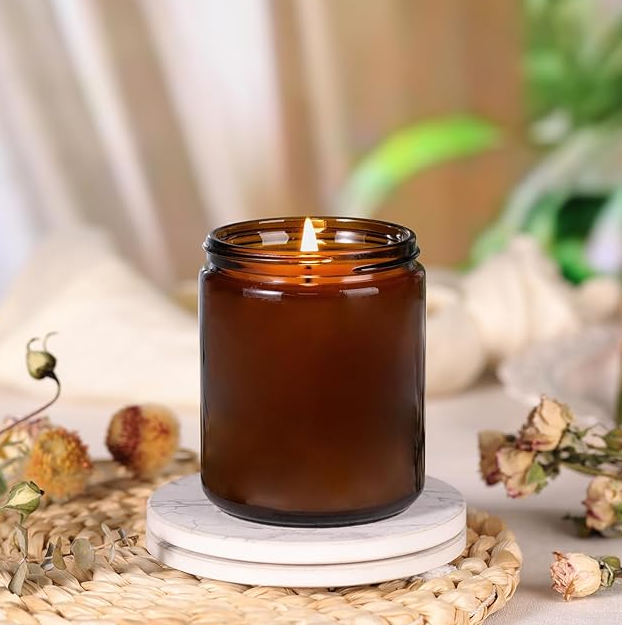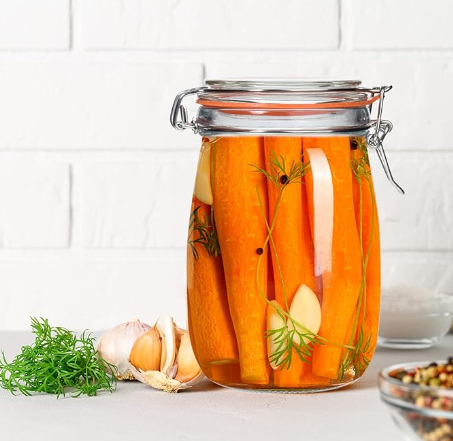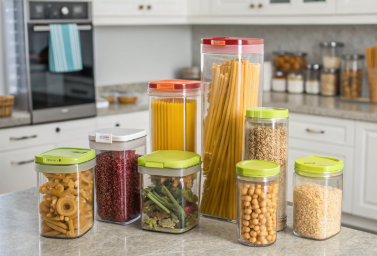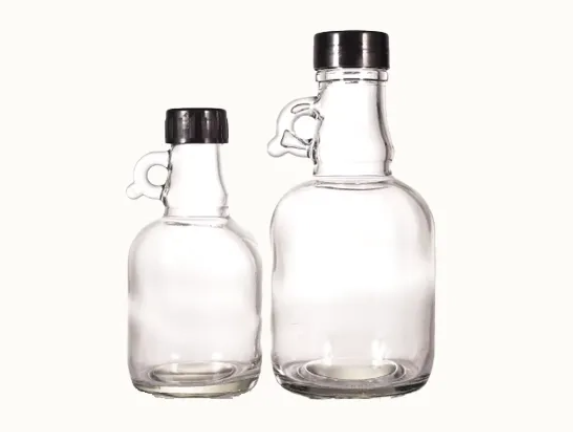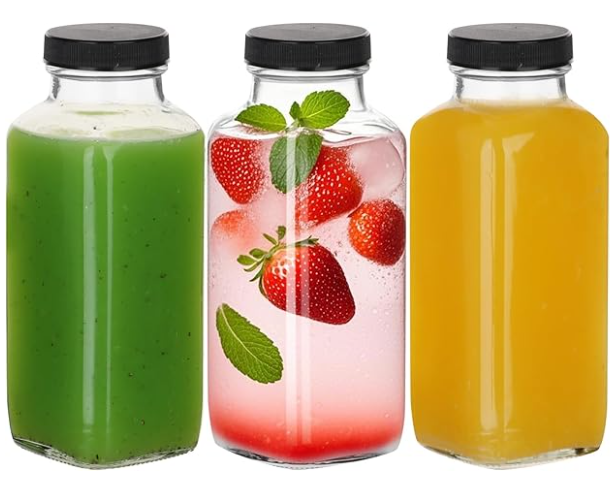Glass whiskey bottles are iconic containers that not only preserve the rich flavors and aromas of whiskey but also play a significant role in the branding and consumer perception of the product. As sustainability becomes an increasingly important factor for consumers and producers alike, a common question arises:Are glass whiskey bottles recyclable?This comprehensive guide will explore the recyclability of glass whiskey bottles, the recycling process, environmental benefits, challenges, and how Paupacking supports sustainable packaging solutions with its premium range ofWhiskey Bottles.
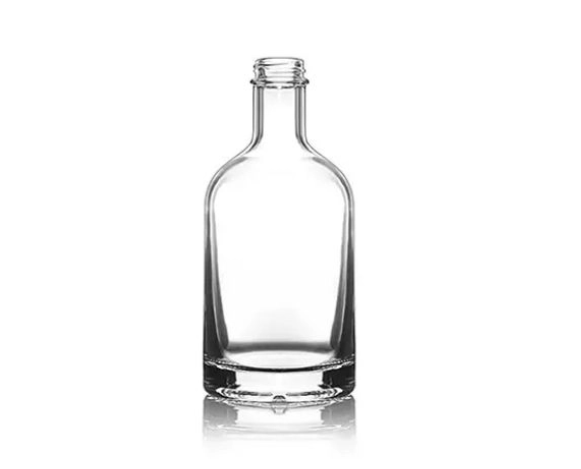

1. Understanding Glass Whiskey Bottles and Their Composition
The Basics of Glass Whiskey Bottles
Glass whiskey bottles are primarily made from soda-lime glass, which consists of silica (sand), soda ash, and limestone. Some premium bottles may use borosilicate glass, known for its enhanced durability and thermal resistance. The glass used in whiskey bottles is chemically inert, meaning it does not react with the contents, preserving the whiskey’s flavor and aroma over time.
Additional Components
Besides the glass itself, whiskey bottles often include:
-
Caps or corks:Usually made from metal, plastic, or natural cork.
-
Labels:Paper or plastic, sometimes with adhesives.
-
Decorative elements:Foils, embossing, or painted designs.
These components can affect the recycling process and need to be considered when discussing recyclability.
Paupacking’s Commitment to Quality and Sustainability
Paupacking’sWhiskey Bottlesare designed with sustainability in mind. We use high-quality glass and minimize non-recyclable components to facilitate efficient recycling and reduce environmental impact.
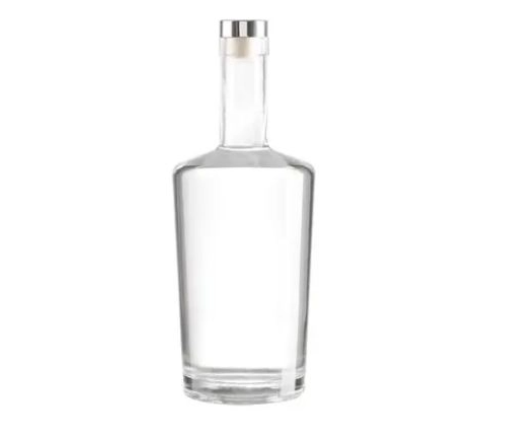

2. Are Glass Whiskey Bottles Recyclable? The Definitive Answer
Infinite Recyclability of Glass
Glass is one of the few materials that can be recycled indefinitely without degradation of quality or purity. This means that a glass whiskey bottle can be recycled repeatedly to produce new glass products, including new bottles.
Why Glass Whiskey Bottles Are Ideal for Recycling
-
Non-toxic and inert:Glass does not release harmful chemicals during recycling.
-
Preserves quality:Recycled glass retains the same properties as virgin glass.
-
Energy efficiency:Recycling glass uses less energy than producing new glass from raw materials.
Paupacking’s Glass Whiskey Bottles and Recyclability
Our bottles are made from recycled and virgin glass blends optimized for recyclability. They are designed to be easily processed by standard glass recycling facilities worldwide.
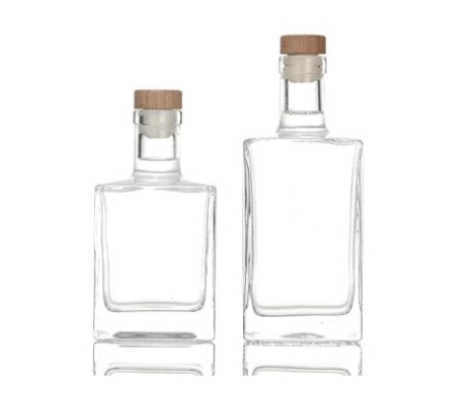

3. The Glass Whiskey Bottle Recycling Process: Step-by-Step
Step 1: Collection and Sorting
Glass whiskey bottles are collected through curbside recycling programs, bottle deposit schemes, or dedicated recycling centers. Sorting by color (clear, amber, green) is crucial because mixed colors reduce the quality of recycled glass.
Step 2: Cleaning and Preparation
Bottles are cleaned to remove residual liquids, labels, caps, and corks. Removing non-glass materials is essential to avoid contamination.
Step 3: Crushing into Cullet
Clean bottles are crushed into small fragments called cullet. Cullet melts at a lower temperature than raw materials, reducing energy consumption.
Step 4: Further Sorting and Purification
Advanced optical sorting removes contaminants such as ceramics, stones, and other non-glass materials.
Step 5: Melting and Remolding
Purified cullet is melted and molded into new glass products, including new whiskey bottles.
Paupacking’s Role
We ensure our bottles are designed for easy separation of components and compatibility with these recycling processes.
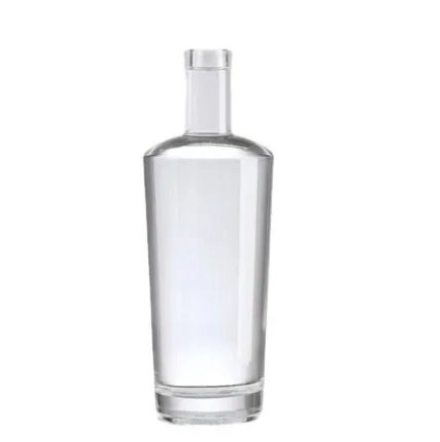

4. Environmental Benefits of Recycling Glass Whiskey Bottles
Energy Savings
Recycling glass reduces energy consumption by up to 30% compared to manufacturing from raw materials.
Raw Material Conservation
Recycling conserves natural resources like sand, soda ash, and limestone.
Reduction of Carbon Emissions
Lower energy use results in reduced greenhouse gas emissions.
Waste Reduction
Recycling glass reduces landfill waste and environmental pollution.
Paupacking’s Sustainability Initiatives
We actively promote recycled content in our bottles and encourage clients to participate in recycling programs.
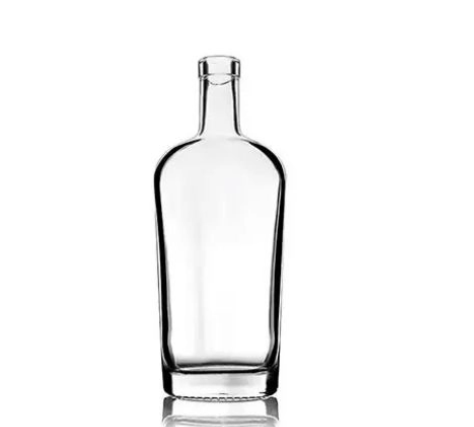

5. Common Challenges in Recycling Glass Whiskey Bottles
Contamination Issues
Non-glass materials such as caps, labels, and decorative elements can contaminate recycling streams.
Broken Glass
Broken bottles can cause safety hazards and may be rejected by some recycling facilities.
Color Sorting
Mixed glass colors reduce the quality of recycled glass and complicate processing.
Local Recycling Infrastructure
Not all regions have efficient glass recycling systems, affecting recyclability.
Paupacking’s Solutions
Our bottles minimize non-glass components and use easily removable labels to reduce contamination.
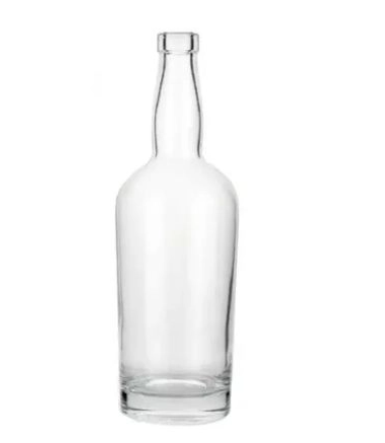

6. How Paupacking Supports Sustainable Glass Whiskey Bottles
Material Selection
We use high-purity glass optimized for recycling.
Design for Disassembly
Our bottles feature caps and labels designed for easy removal.
Eco-Friendly Packaging
Paupacking offers complementary eco-friendly closures and packaging.
Customization with Sustainability
We provide branding options that do not compromise recyclability.
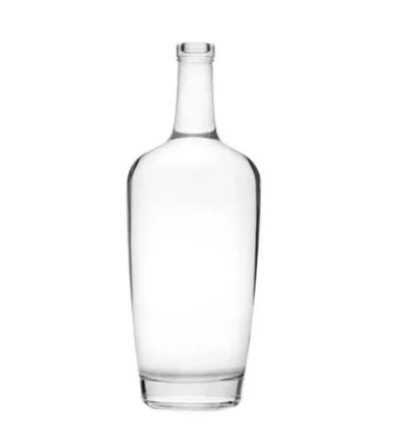

7. Reusing Glass Whiskey Bottles: Extending Lifecycle
Benefits of Reuse
Reusing bottles reduces demand for new glass production and waste.
Common Reuse Practices
-
Refill programs by distilleries.
-
Upcycling into decorative items.
-
DIY projects such as lamps or vases.
Paupacking Encourages Reuse
Our durable bottles are designed for multiple lifecycles.
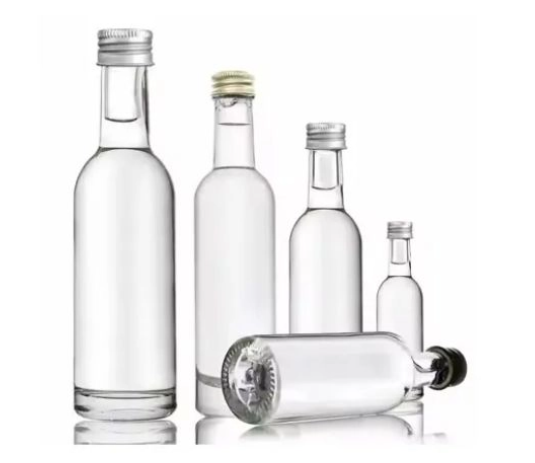

8. Comparing Glass Whiskey Bottles with Other Packaging Materials
| Feature | Glass Whiskey Bottles | Plastic Bottles | Aluminum Cans |
|---|---|---|---|
| Recyclability | Infinite, high quality | Limited, degrades over time | Highly recyclable |
| Environmental Impact | Low when recycled | High, fossil fuel-based | Moderate, energy-intensive |
| Product Protection | Excellent barrier to oxygen/light | Moderate, potential leaching | Good barrier, lightweight |
| Consumer Perception | Premium, traditional | Less premium | Modern, casual |
| Durability | Fragile, heavier | Lightweight, shatterproof | Lightweight, durable |
9. Tips for Consumers to Recycle Glass Whiskey Bottles Effectively
-
Empty bottles completely.
-
Remove caps, corks, and labels.
-
Avoid recycling broken glass.
-
Sort glass by color if required.
-
Use designated recycling bins or centers.
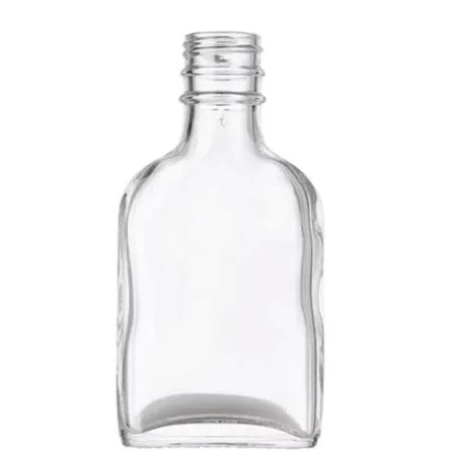

10. Paupacking’s Glass Whiskey Bottle Range: Elegance Meets Sustainability
Product Highlights
-
Sizes: 375ml, 500ml, 750ml.
-
Finishes: Clear, amber.
-
Customizable branding.
-
Compatible with eco-friendly closures.
Why Choose Paupacking
We combine premium quality with sustainability to meet modern market demands.
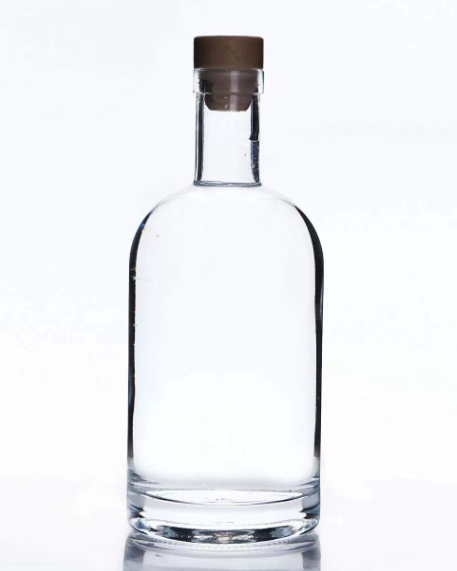

Table: Glass Whiskey Bottles Recycling Overview
| Aspect | Details |
|---|---|
| Material | Soda-lime or borosilicate glass |
| Recyclability | Infinite recycling without quality loss |
| Preparation for Recycling | Remove caps, corks; clean residue; avoid broken glass |
| Sorting | By color: clear, amber, green |
| Recycling Process | Collection → Sorting → Cleaning → Crushing → Melting → Remolding |
| Environmental Benefits | Energy savings, raw material conservation, waste reduction |
| Common Challenges | Contamination, broken glass, mixed colors |
| Paupacking Solutions | High purity glass, minimal non-glass components, eco-friendly design |
Conclusion
Glass whiskey bottles are recyclable and represent one of the most sustainable packaging choices available. Their infinite recyclability, combined with environmental benefits such as energy savings and raw material conservation, makes them a responsible option for producers and consumers alike.
Paupacking’sWhiskey Bottlesexemplify premium quality, elegant design, and sustainability. By choosing Paupacking, brands can embrace eco-friendly packaging without compromising style or functionality.
Explore Paupacking’s extensive whiskey bottle collection atwww.paupacking.comand join us in promoting a circular economy through responsible glass packaging.





